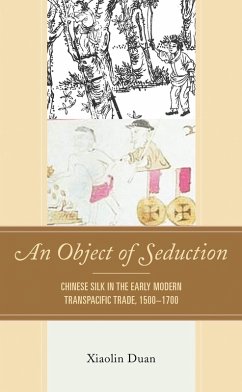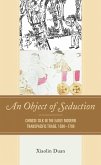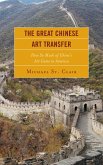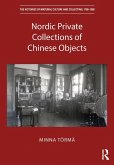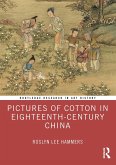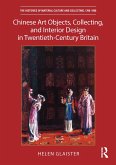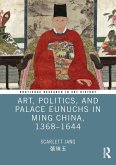The first book-length English-language study focusing on the early modern export of Chinese silk to New Spain from the sixteenth to the seventeenth century, An Object of Seduction compares and contrasts the two regions from perspectives of the sericulture development, the widespread circulation of silk fashion, and the government attempts at regulating the use of silk. Xiaolin Duan argues that the increasing demand for silk on the worldwide market on the one hand contributed to the parallel development of silk fashion and sericulture in China and New Spain, and on the other hand created conflicts on imperial regulations about foreign trade and hierarchical systems. Incorporating evidence from local gazetteers, correspondence, manual books, illustrated treatises, and miscellanies, this book explores how the growing desire for and production of raw silk and silk textiles empowered individuals and societies to claim and redefine their positions in changing time and space, thus breaking away from the traditional state control.
Bitte wählen Sie Ihr Anliegen aus.
Rechnungen
Retourenschein anfordern
Bestellstatus
Storno

